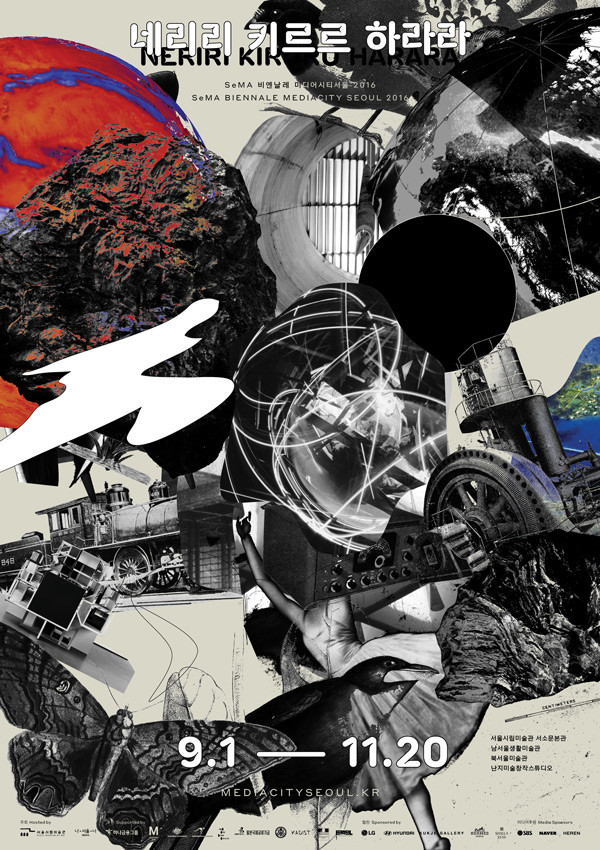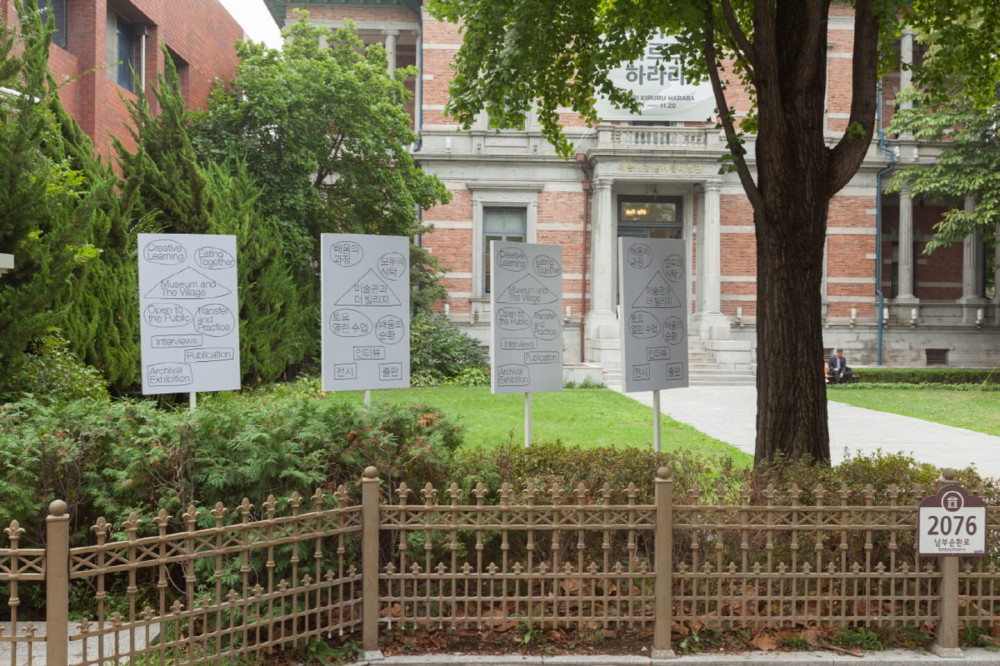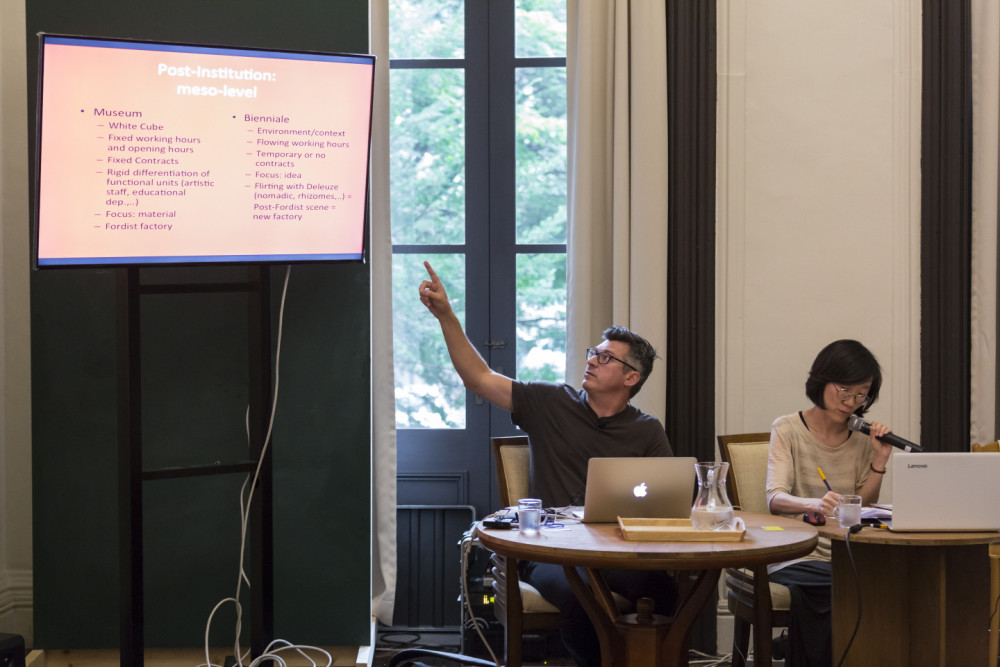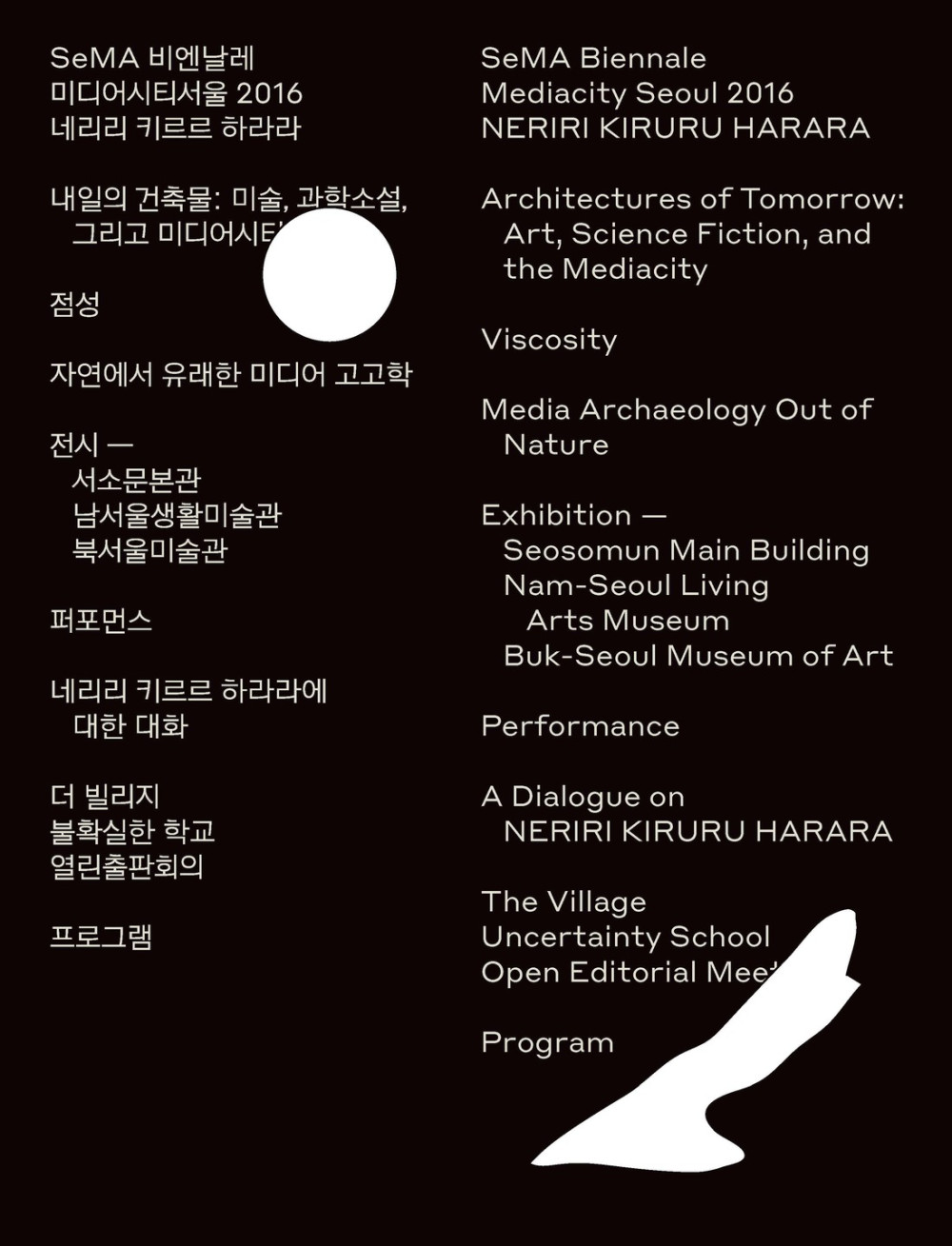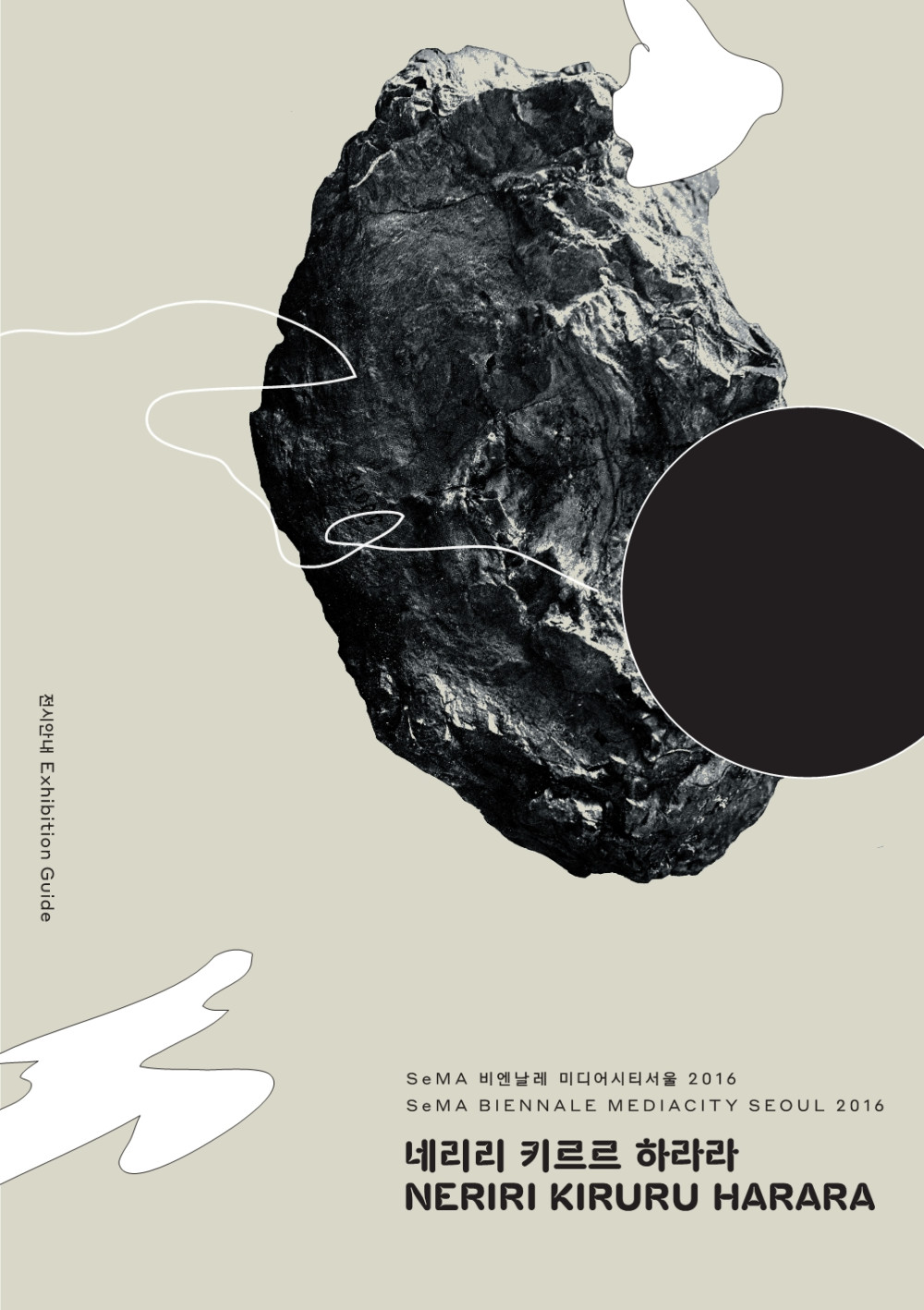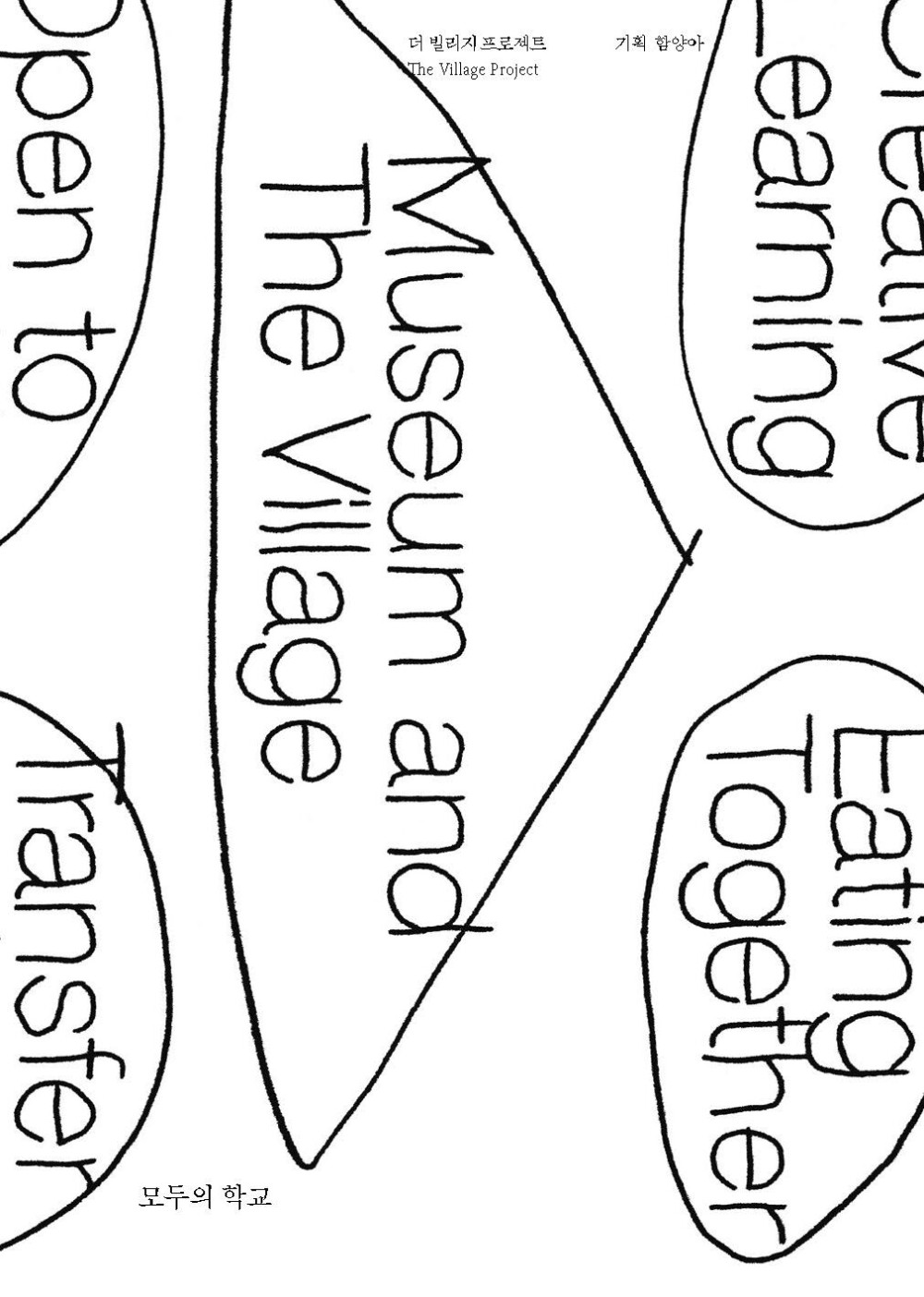
Since the financial crisis started at the end of 2007 a lot of governments do budget cuts in the cultural and artistic field. Inspired by the critical social theory of Herbert Marcuse (1964), these policy decisions are understood within an ideological framework as ‘repressive liberalism’. That is a (cultural) politics that on the one hand proclaims individual freedom, stimulates cultural entrepreneurship and embraces the creative city, but on the other hand develops a large-scale decentralized control apparatus that strongly restricts individual and artistic freedom. Within this cultural policy creative labour itself can also be ‘instrumentalized’ as a repressive tool. In his lecture Pascal Gielen analyses the relationship between art, politics and the public space in the creative city. He also looks how activists and creative ‘workers’ respond to this policy by organizing themselves in alternative ways.


